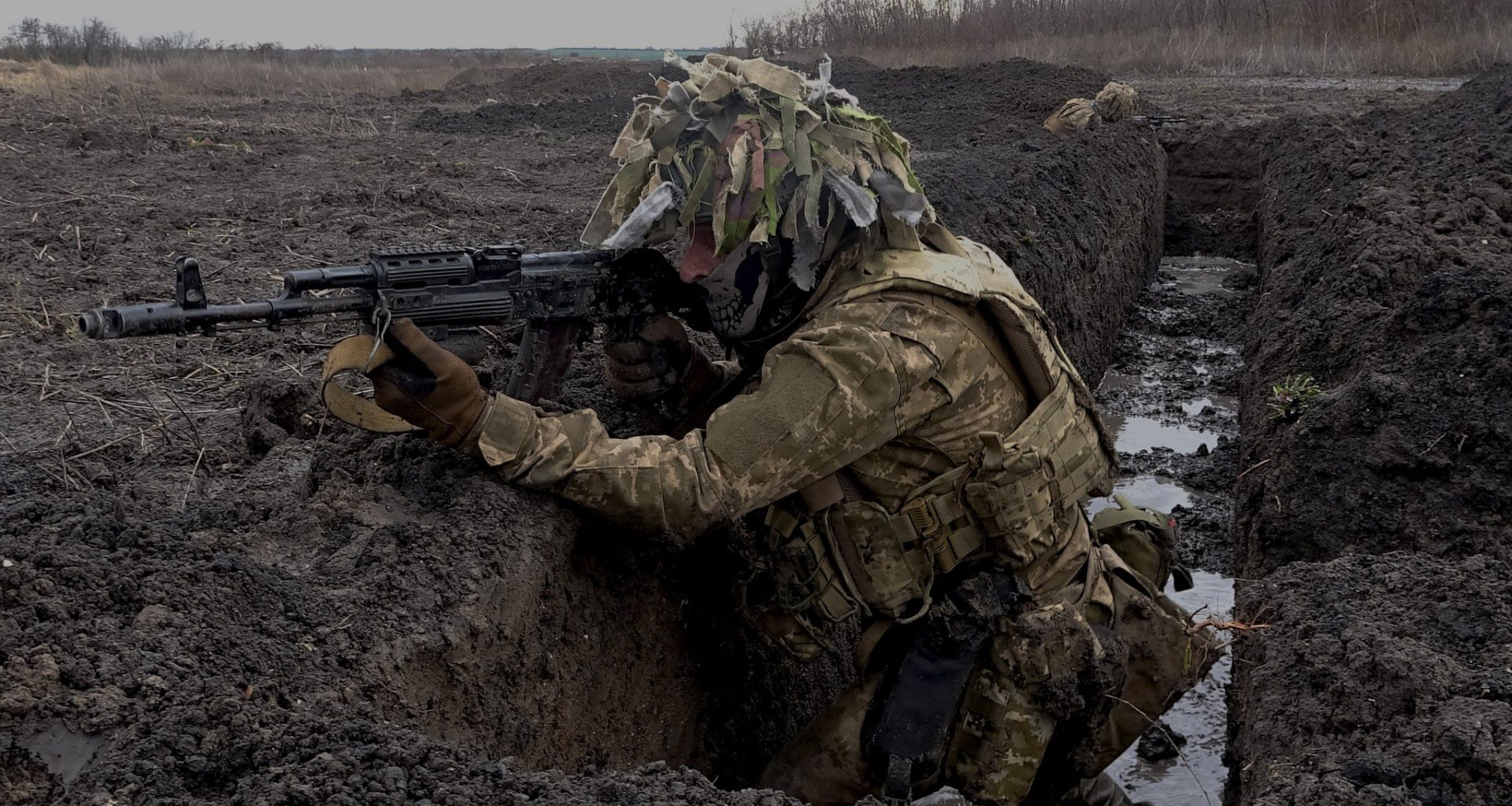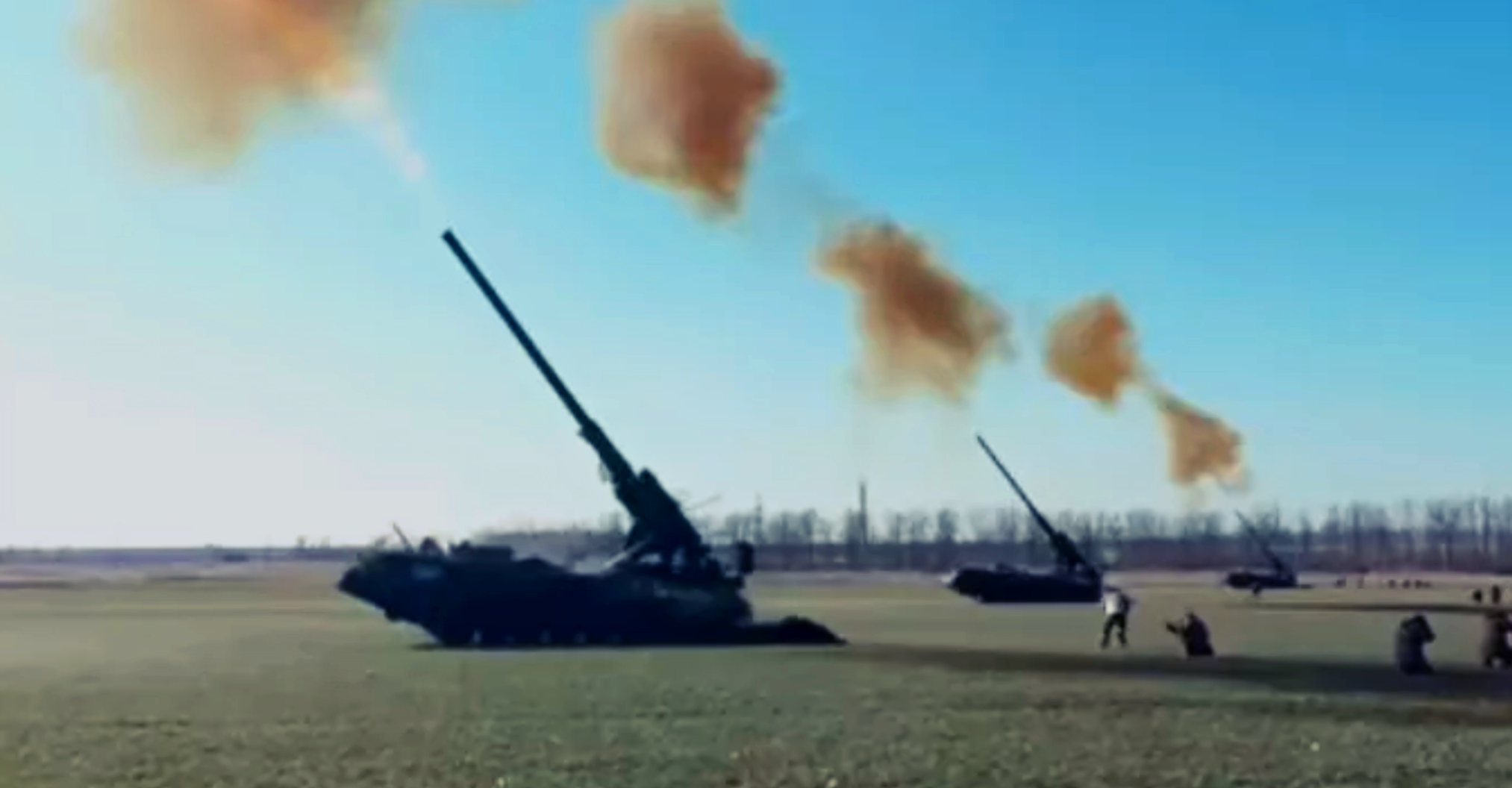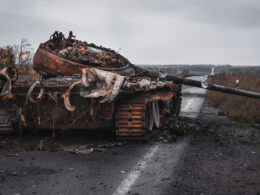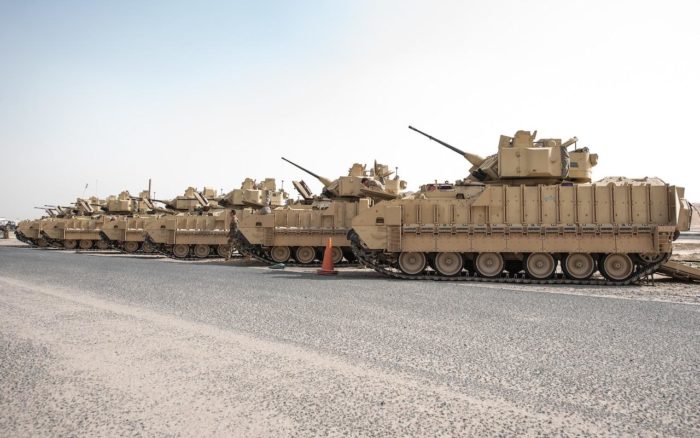Ukrainian military analyst Kostiantyn Mashovets examines the overall situation on the frontline, where Russia has managed to achieve tactical progress at the expense of intense loss of human life in "meat grinder assaults," and suggests a way forward. Ukraine's command should focus on improving the quality of artillery and, above all, infantry.
“It is mostly the infantry doing the fighting, and they mostly do so ‘on foot.’ The bulk of hardware is in tactical rear. The fact that every now and then a couple of tanks and APCs ‘carefully' go out to 'work' on the front line does not change this,” says Mashovets.
He argues Russia's format of a “bloody merry-go-round” of infantry plus mortars and artillery plays to its advantage, as it has vastly more soldiers than Ukraine and does not value their lives.
Mashovets believes Ukraine must find ways to force the enemy to stop. This can only happen if Russian losses of personnel multiply, exceeding the rate at which reserves are brought in. Technology-wise, Ukraine cannot yet cause such dramatic casualties among Russian forces. With limited stockpiles of weapons and ammunition, Ukraine has to seek battlefield solutions, Mashovets argues.
Allies’ military aid remains erratic, so Ukraine must focus on immediately improving its infantry, while continuing efforts to upgrade artillery, which according to him is limited in both quality and quantity, as Ukraine is very dependent on its allies, "who, in turn, do not have bottomless reserves of artillery and ammunition for us."
Mashovets argues the “new quality” for Ukraine's infantry should involve major improvements across three key areas:
- Training: Encompassing the entire gamut from psychological and moral preparation to tactical-specialized and weapons skills development.
- Weapons and gear: Available in sufficient quantities rather than just surpassing analogues used by rival Russian units. This applies to the whole range of equipment infantry relies upon, from tactical drones and mortars to communications, heavy machine guns, grenade launchers as well as body armor, vision enhancements, standard issue rifles.
- Command: From detachment (assault group) commander to brigade commander and regimental commander. This tactical-level leadership must not only be ready to organize and lead infantry combat under highly fluid conditions, but able to do so competently.
Mashovets warns that the Kremlin regime will likely resume high mobilization rates once internal political tensions ease. He emphasizes that voluntarily entering "meat grinder" battles like Bakhmut and Avdiivka plays into Russia's strategy. Instead, Ukraine should focus on radically improving infantry quality to alter the math for the enemy.





